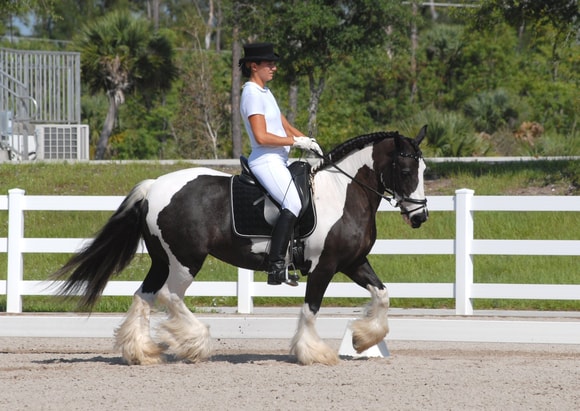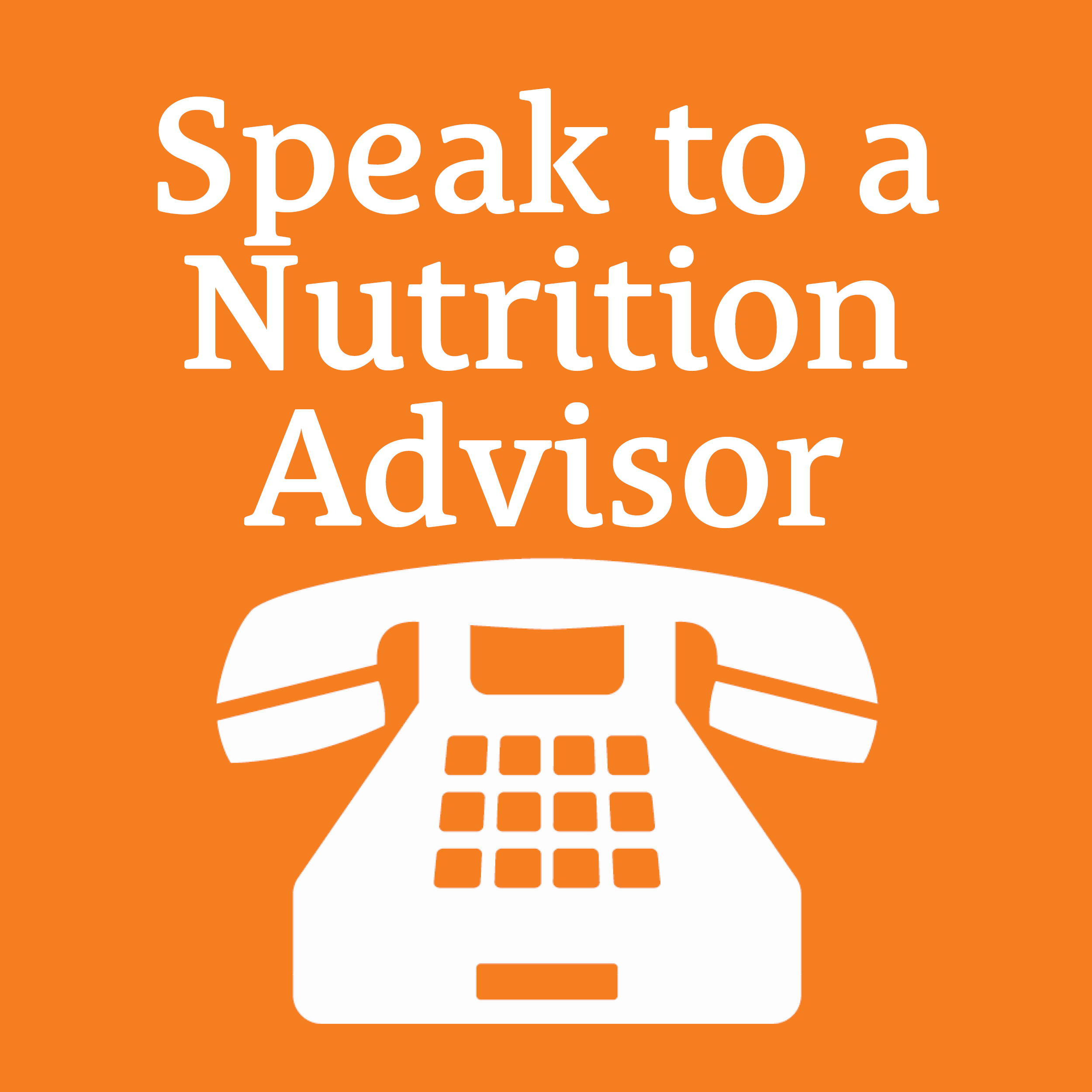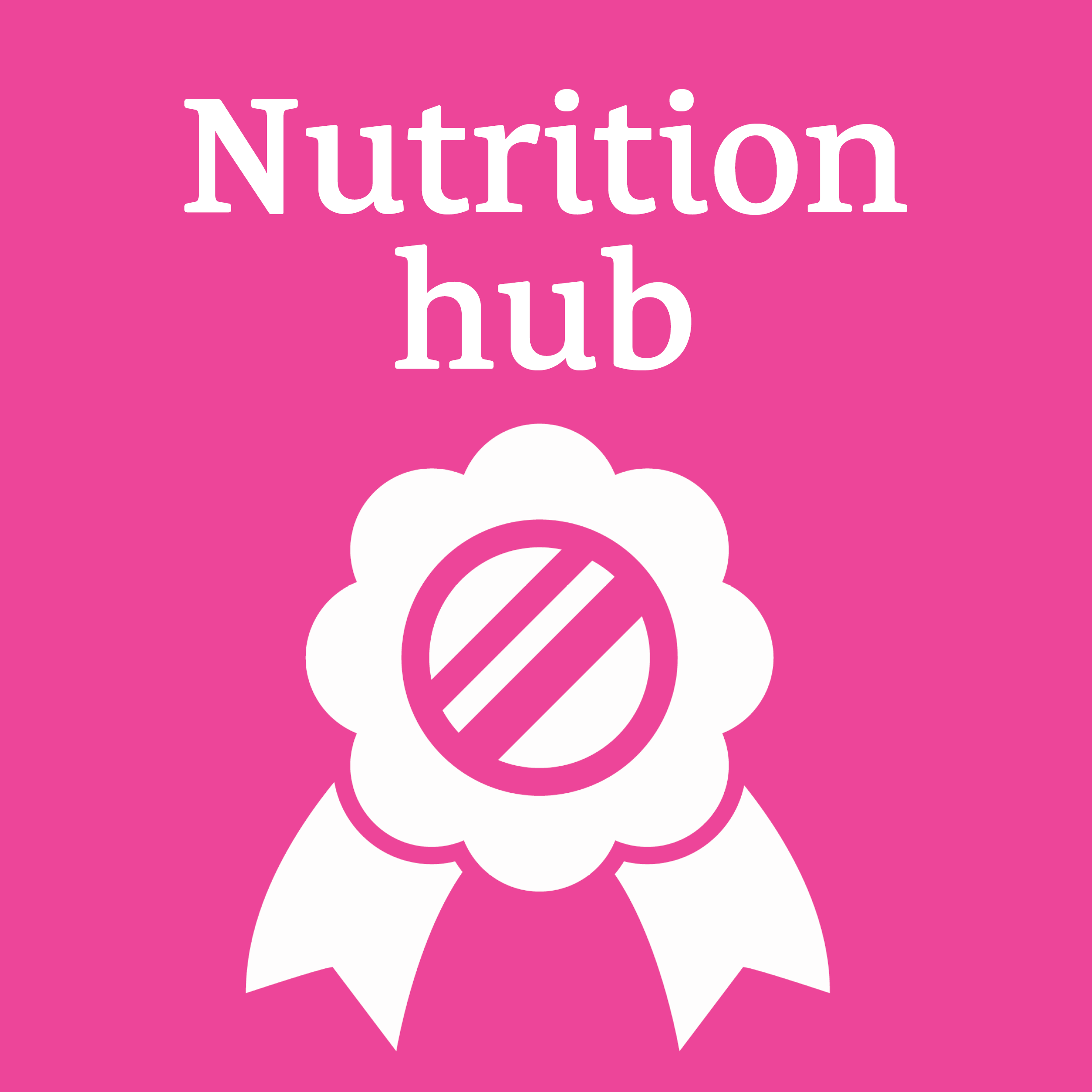
Lethargy
We all know that feeling when we’re tired, lacking in energy and everything is an effort well horses can feel the same. Lethargy simply means listlessness, quietness or a lack of vigor or alertness. Sometimes it’s just a feeling that something just isn’t quite right. In some cases, it is more noticeable during ridden work, a lack of spark or perhaps having to use more leg than usual, or it can be apparent all the time.
Causes of lethargy
There are many reasons for lethargy in horses, many of them will have a clinical cause or could be down to management and/or training practices such as the horse simply being bored of doing the same ride or ridden exercises in the arena. Before addressing the issue, a cause needs to be established or at least some potential causes ruled out. To eliminate any underlying health issues, it’s important that you discuss your concerns with your vet, she/he will usually ask you lots of questions and carry out a physical examination and in some cases take some bloods to help identify a cause and offer treatment.
If an obvious clinical issue is not found it’s time to consider other things such as whether the diet is providing enough energy (or too much!) to maintain the horse or pony in an ideal body condition. Simply put a horse that is underweight is not receiving enough energy/calories for the work they are doing and one that is overweight is receiving too much! Ensuring the diet is balanced and meeting all the horse’s nutritional requirements is the next consideration. Vitamins, minerals and trace elements are all needed for optimum health, and many are directly involved in energy metabolism meaning any deficiencies could result in lethargy.
Has there been a recent change in weather conditions or season? For example, grass growth will slow down and become less nutritious over of the winter months increasing the requirement for conserved forage and/or feed to make up the energy shortfall. On the flip side if the weather is very hot and humid, is your horse appropriately acclimatised? If not, this could be contributing to a lack of energy; try riding at the beginning and the end of the day when it is cooler.
Is your horse’s diet appropriate for their life stage? For example, if they are being ridden but are still growing is the diet providing enough energy and micronutrients for growth and work? Horses undergoing a growth spurt will be using a lot of energy just to grow. If a mare is lactating, does she have enough energy to provide milk for her foal and maintain her body condition if not she can lose weight and become lethargic. Aging can also affect the amount of vigor and energy a horse has so if you have an older horse ensure the diet you are providing is meeting any additional needs they may have. You can read more about feeding senior horses here.
Things to consider
In addition to addressing any clinical issues and the diet, below are a few other things to consider:
- Are your horse’s vaccinations, dental checks, and worm counts all up to date?
- Have you had your saddle and your horse’s back checked recently?
- Discuss training and schooling ideas with your trainer, perhaps it’s time to add more variety?
- Is your horse or pony being bullied in the field resulting in lack of grazing time and/or depression?
- Assess your horse’s fitness, perhaps he/she needs more fittening to cope with the work you are asking him/her to do?
How nutrition can help
- Monitor your horse or pony's body condition regularly - this will help you to keep track of gradual changes and assess whether any dietary adjustment may be necessary.
- If your horse is overweight aim for steady weight loss, being overweight is a common cause of lethargy in horses.
- Base as much of the diet as you can on forage (at least 1.5% of current bodyweight on a dry matter basis, equivalent to approx. 9kg hay or 11-12kg of haylage for a 500kg horse without grazing). Feed ad lib forage unless the horse is overweight.
- Choose feeds that maintain an ideal body condition score irrespective of the amount of work the horse is in. If your horse is underweight and you are already feeding the recommended about of compound feed, consider switching to a higher energy feed. You can read more about feeding poor doers here.
- Ensure the diet is balanced by feeding the recommended amount of feed and if this is not required top up any shortfall with a vitamin and mineral supplement or a balancer.
- If your horse maintains weight on forage alone ensure the diet is balanced by feeding a balancer which will provide vitamins and minerals alongside negligible calories.
- Consider choosing feeds containing highly digestible fibre sources and oil that may support stamina-based exercise.
- Ensure you maintain hydration by always providing fresh clean water and adopt an appropriate electrolyte replacement strategy.
- Consider clinical conditions that could contribute to a lack of energy such as gastric ulcers or other digestive upsets and provide a diet to help support the management of these condition. You can read more about feeding horses prone to gastric ulcers here.
- Feed a diet appropriate to your horse’s life stage for example a breeding feed or a senior feed depending on your horse’s situation.
- Don’t be tempted to reach for ‘energy tonics’ loaded with iron. Iron deficient anaemia is uncommon in horses, whereas anaemia secondary to chronic disease or infection is a much more common occurrence. If anaemia is apparent on blood work discuss the best course of treatment with your vet.
- B vitamin supplements may be useful and won’t do any harm. However, requirements are usually met in healthy horses from the B vitamins synthesised by the microbes colonising the horse’s hindgut.



